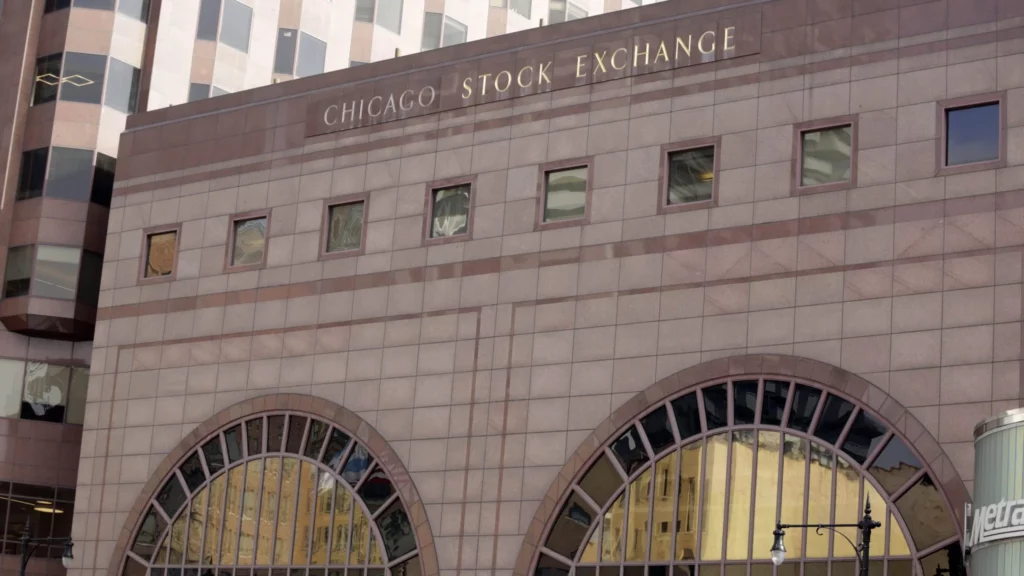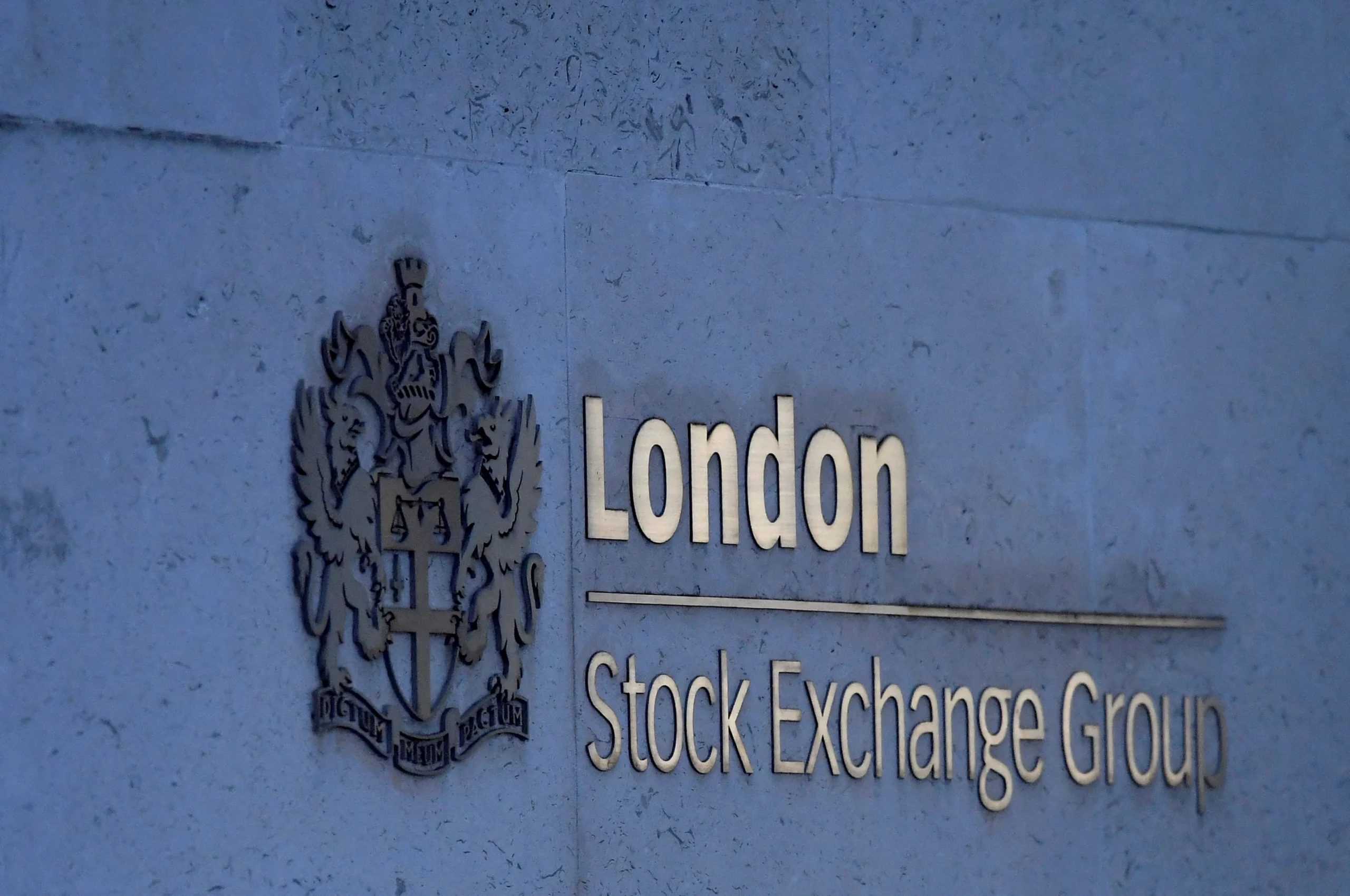To make wise decisions in the realm of finance and investment, it is essential to comprehend fundamental ideas. One such crucial idea is “Open Interest.” We will go into great detail about open interest in this thorough tutorial, including what it is, how it is determined, why it matters in financial markets, and how it differs from trading volume.

What is Open Interest?
The entire number of outstanding or open contracts for a specific financial instrument, such as futures or options, at any given time is referred to as open interest. There hasn’t yet been an offset, expiration, or exercise of these contracts. To put it another way, open interest is a market’s total number of open positions.
KEY TAKEAWAYS
- The entire number of unresolved open derivative contracts, such as options or futures, is known as open interest.
- The futures and options markets are frequently linked with open interest.
- While declining open interest implies money leaving the market, increasing open interest shows new or more money entering it.
- You need to know that traders can buy and sell to start and close positions in order to understand open interest.
Calculating Open Interest
The total amount of long positions and short positions in a specific financial instrument are considered when calculating open interest. Open interest and trading volume, which shows the total number of contracts exchanged over a certain period, are not the same thing.
The formula for open interest is as follows:
(Open Interest = Total Number of Long Positions + Total Number of Short Positions)
Significance of Open Interest
Analysis of the liquidity and interest in a particular financial market or instrument heavily relies on open interest. It is a crucial tool for traders, analysts, and investors as it offers insightful information on the consistency and strength of a given price trend.
Understanding Market Sentiment
The ability of open interest to convey market emotion is one of its fundamental features. When open interest rises, it shows that more capital is entering the market and reflects rising demand for the financial instrument. This frequently indicates that market participants have an optimistic outlook.
On the other hand, a dip in open interest can signify a drop in market interest and possibly a bullish mood among traders.
Identifying Potential Price Reversals
Open interest changes can also be used to spot probable price reversals. When an asset’s price is rising yet open interest begins to fall, it may indicate that the trend is waning and could be about to reverse. In a similar vein, a decline in open interest during a downturn may suggest an impending price corrective to the upside.
Gauging Market Liquidity
An important statistic for evaluating market liquidity is open interest. A market with high open interest is likely to be liquid, which makes it simpler for traders to enter and exit positions without experiencing major price fluctuations. On the other hand, low open interest may result in wider bid-ask spreads, which could result in less liquidity and therefore more expensive trading.
Key Differences Between Open Interest and Trading Volume
While both open interest and trading volume offer insightful information about market dynamics, they are separate ideas. The main variations between the two are as follows:
- Definition:
- Open Interest: Shows the total number of contracts that are active in the market.
- Trading Volume: Reflects the total number of contracts that were traded over the course of a given time.
- Time Frame:
- Open Interest: Refers to the total number of open contracts over time.
- Trading Volume: Focuses on the quantity of contracts that are traded over a specific period of time, like a day or a week.
- Interpretation:
- Open Interest: Reveals information on the market’s participation and interest in a specific financial instrument.
- Trading Volume: Reflects the volume of buying and selling that is occurring on the market at any particular moment.
Conclusion
Open interest is a key idea in the fields of finance and investing, to sum up. It provides useful information on market sentiment, prospective price swings, and overall market liquidity. Open interest is frequently used by traders, analysts, and investors as a tool to help them decide and better comprehend the dynamics of the financial markets.
FOR MORE INFO CLICK THIS SITE:https://learningsharks.in/
FOLLOW OUR PAGE:https://www.instagram.com/learningsharks/?hl=en









